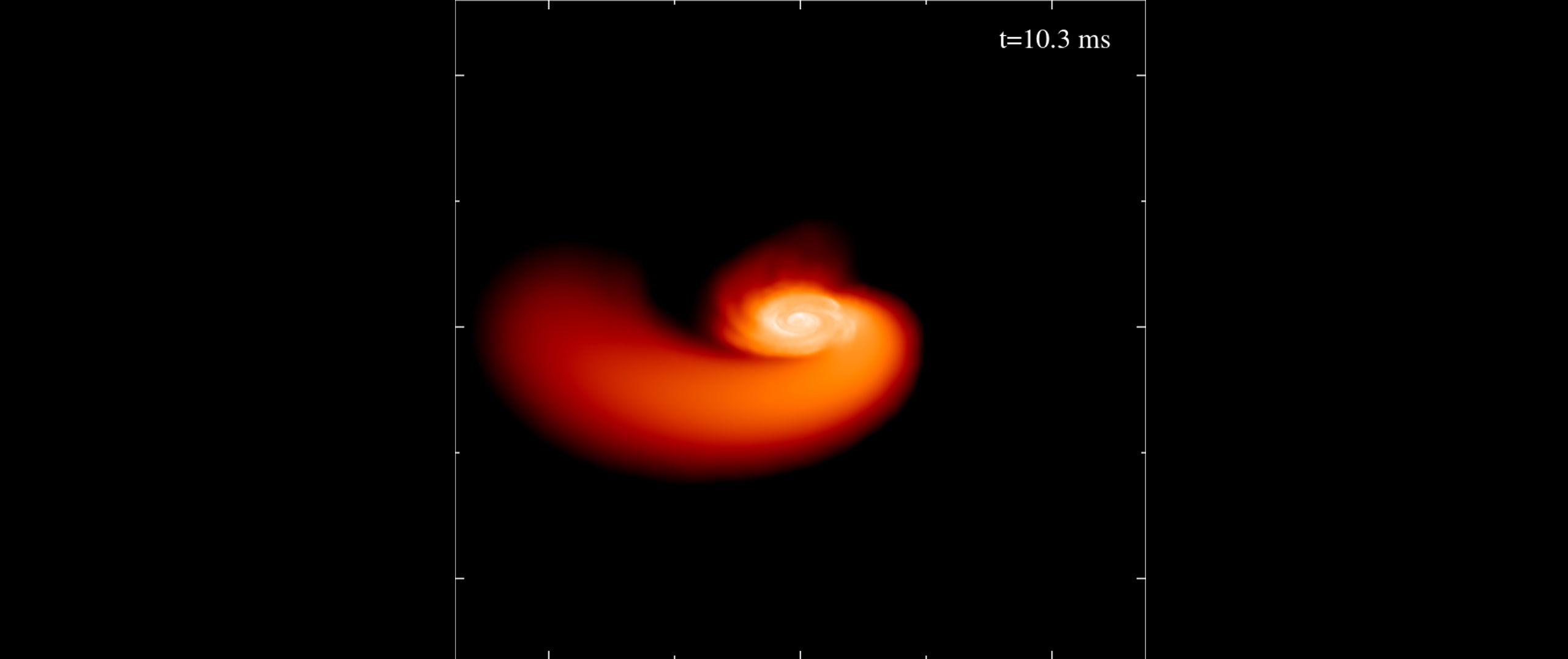
Webinar with Stephan Rosswog (Hamburg Observatory, Germany)
recorded on June 26, 2025
The Cosmic Origin of Gold (and more)
Webinar with Stephan Rosswog (Hamburg Observatory, Germany)

Webinar with Stephan Rosswog (Hamburg Observatory, Germany)
recorded on June 26, 2025
Webinar with Stephan Rosswog (Hamburg Observatory, Germany)
It is one of the fundamental questions of astrophysics to understand the cosmic origin and evolution of the chemical elements. The heaviest elements in the cosmos, such as gold or platinum, are formed by captures of neutrons on pre-existing “seed-nuclei”. While the fundamental principles of such neutron captures were understood since a long time, the astrophysical explosion(s) in which this actually happens has been a matter of fierce debates for more than half a century. This talk will explain how our understanding of the origin of the heaviest elements has evolved over time, starting from the first ideas to our current understanding.
Stephan Rosswog is Professor of Theoretical Astrophysics at the University of Hamburg, Germany. He earned his Ph.D. in Theoretical Physics from the University of Basel in 1998, where he also completed his undergraduate studies in Physics, Mathematics, and Astronomy. Stephan Rosswog’s research focuses on computational astrophysics, with particular interest in compact objects such as neutron stars and black holes, relativistic astrophysics, nucleosynthesis, and gravitational wave sources. He is an expert in numerical simulations of neutron star mergers, magnetohydrodynamics, and the physics of dense matter. His work has contributed significantly to our understanding of the astrophysical sites of heavy element formation and the multi-messenger signatures of cosmic collisions.
Starting in the summer of 2020, the International Space Science Institute has organised the weekly on-line seminar series called “Game Changers”. After six series of weekly talks on the themes of “Missions that Changed the Game in Solar System, Astrophysics and Earth Sciences” , “Ideas and Findings about the Solar System, the Universe and our Terrestrial Environment”, “Habitability – From Cosmic to Microbial Scales”, “Viewing Earth from Space – the Changing Environment and Climate of our Planet”, and “Captivating Cosmology: From the Big Bang to Tomorrow” and the topic “Space Environmental Hazards: Mitigation and Prediction”, the webinar series continues on a monthly basis.
